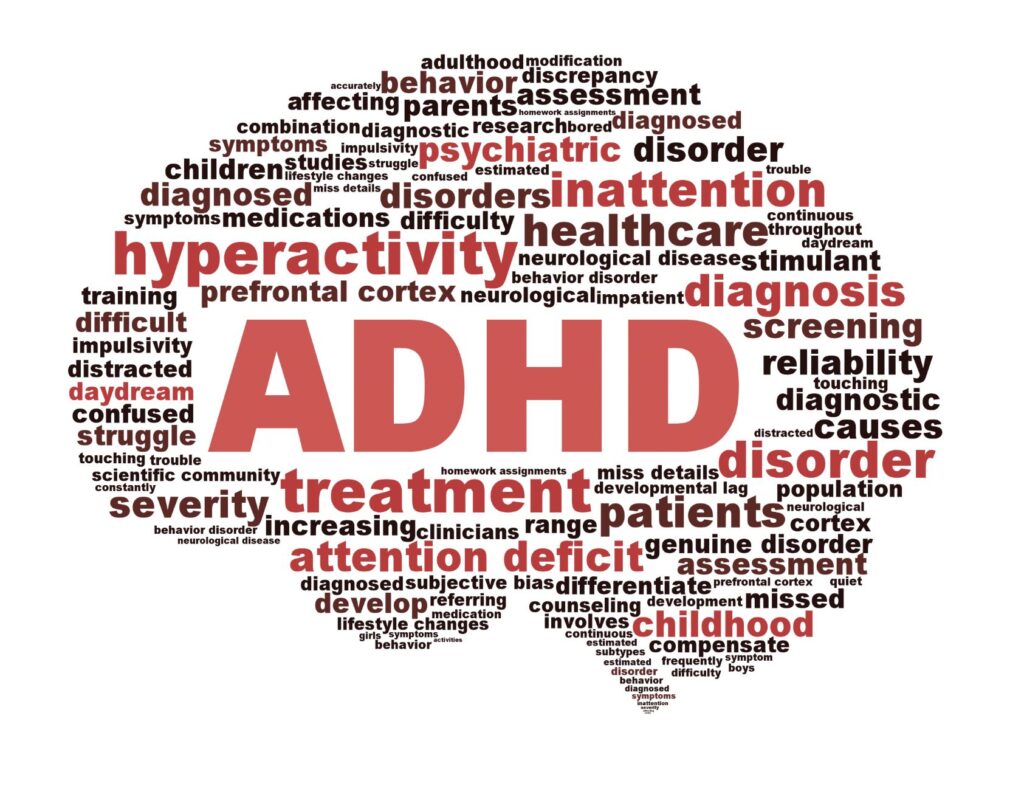Parents Beware: Tylenol Use During Pregnancy May Increase ADHD Risk

Acetaminophen, commonly known as Tylenol, is one of the most widely used pain relievers during pregnancy. However, recent studies have shown a potential link between Tylenol use during pregnancy and an increased risk of Attention-Deficit Hyperactivity Disorder (ADHD) in infants.
In fact, research suggests that prenatal exposure to acetaminophen may increase the likelihood of ADHD by up to 30%. With more than 50 percent of pregnant women using Tylenol during pregnancy, it is important to understand the potential consequences of this common pain reliever.
This article will explore the evidence behind the Tylenol-ADHD link and provide recommendations for alternative pain relief options during pregnancy.
Background on ADHD

Attention-Deficit Hyperactivity Disorder (ADHD) is a neurodevelopmental condition that features symptoms like inattention, impulsivity, and hyperactivity. As per the Centers for Disease Control and Prevention (CDC), approximately 9.8% of children in the 3-17 years age group have been diagnosed with ADHD in the United States. This equates to approximately 6 million children.
The exact cause of ADHD is not fully understood, but it could be due to a combination of genetic and environmental factors. In recent years, attention has been given to the potential impact of prenatal exposure to certain substances, including acetaminophen, on the development of ADHD.
Studies have shown that prenatal exposure to acetaminophen may alter the levels of neurotransmitters in the brain, potentially leading to the development of ADHD.
Evidence of Tylenol and ADHD Link in Infants

Studies have consistently shown a potential link between Tylenol use during pregnancy and an increased risk of ADHD in infants. One large-scale study conducted in Denmark found that prenatal exposure to acetaminophen was associated with an increased likelihood of ADHD diagnosis. In this study, children exposed to acetaminophen in utero were found to have a 29% increased risk of ADHD compared to unexposed children.
Another recent study conducted by the University of Barcelona looked at more than 73,000 mother and child pairs across Europe. The study claims that children who came in contact with acetaminophen before birth had 19% more chances of having autism and 21% more likely to exhibit symptoms of ADHD.
In both studies, the risk was highest among children exposed to Tylenol frequently and for extended periods of time during pregnancy.
The mechanisms behind the Tylenol-ADHD link are not fully understood, but research suggests that acetaminophen may alter the levels of neurotransmitters in the brain, including dopamine and norepinephrine. These neurotransmitters play a key role in regulating attention and behavior, and changes to their levels may result in the development of ADHD.
It is important to note that these studies only show a correlation between Tylenol use during pregnancy and ADHD in infants. More research is needed to fully understand the causal relationship between the two. However, the available evidence suggests that pregnant women should be cautious when using Tylenol and consider alternative pain relief options when possible.
Tylenol ADHD Lawsuit
In recent years, several lawsuits have been filed against the manufacturers of Tylenol, claiming that the product causes ADHD in infants. These lawsuits argue that the manufacturers knew or should have known about the potential link between Tylenol and ADHD but failed to adequately warn consumers of this risk.
A number of lawsuits have been filed in many other countries, including Canada and Australia, with mixed outcomes. Some have been dismissed due to lack of evidence, a few have received an applicable Tylenol ADHD lawsuit payout, while others have been settled out of court.
It is important to note that the current scientific evidence does not establish a clear causal link between Tylenol and ADHD in infants. The available studies only suggest a correlation between the two, and more research is needed to understand the relationship between Tylenol and ADHD fully.
Alternative Pain Relief Options During Pregnancy

For pregnant women who are concerned about the potential link between Tylenol and ADHD, there are several alternative pain relief options available. Some of these options include:
- Non-steroidal anti-inflammatory drugs (NSAIDs): NSAIDs, such as ibuprofen, can be used for mild to moderate pain relief during pregnancy. However, it is important to note that some studies have suggested that excessive use of NSAIDs during pregnancy may also increase the risk of ADHD in infants.
- Acupuncture: Acupuncture has been used for centuries to relieve pain and has been shown to be safe and effective during pregnancy.
- Heat therapy: Applying heat to the affected area can help relieve pain and discomfort. This can be done using a heating pad, hot water bottle, or warm bath.
- Exercise: Gentle exercises, such as yoga or swimming, can help alleviate pain and promote relaxation.
- Massage: Massage can be an effective way to relieve muscle tension and pain.
It is important to speak with a healthcare provider before starting any new treatment during pregnancy, including alternative pain relief options. A healthcare provider can provide personalized recommendations based on an individual’s health history and specific needs.
In conclusion, the available evidence suggests a potential link between Tylenol use during pregnancy and an increased risk of ADHD in infants. However, more research is needed to understand the relationship between Tylenol and ADHD fully.
Pregnant women who are concerned about this potential link should speak with their healthcare provider to discuss alternative pain relief options. It is important to prioritize the health and well-being of both the mother and the baby and to make informed decisions about the use of pain relief during pregnancy.



